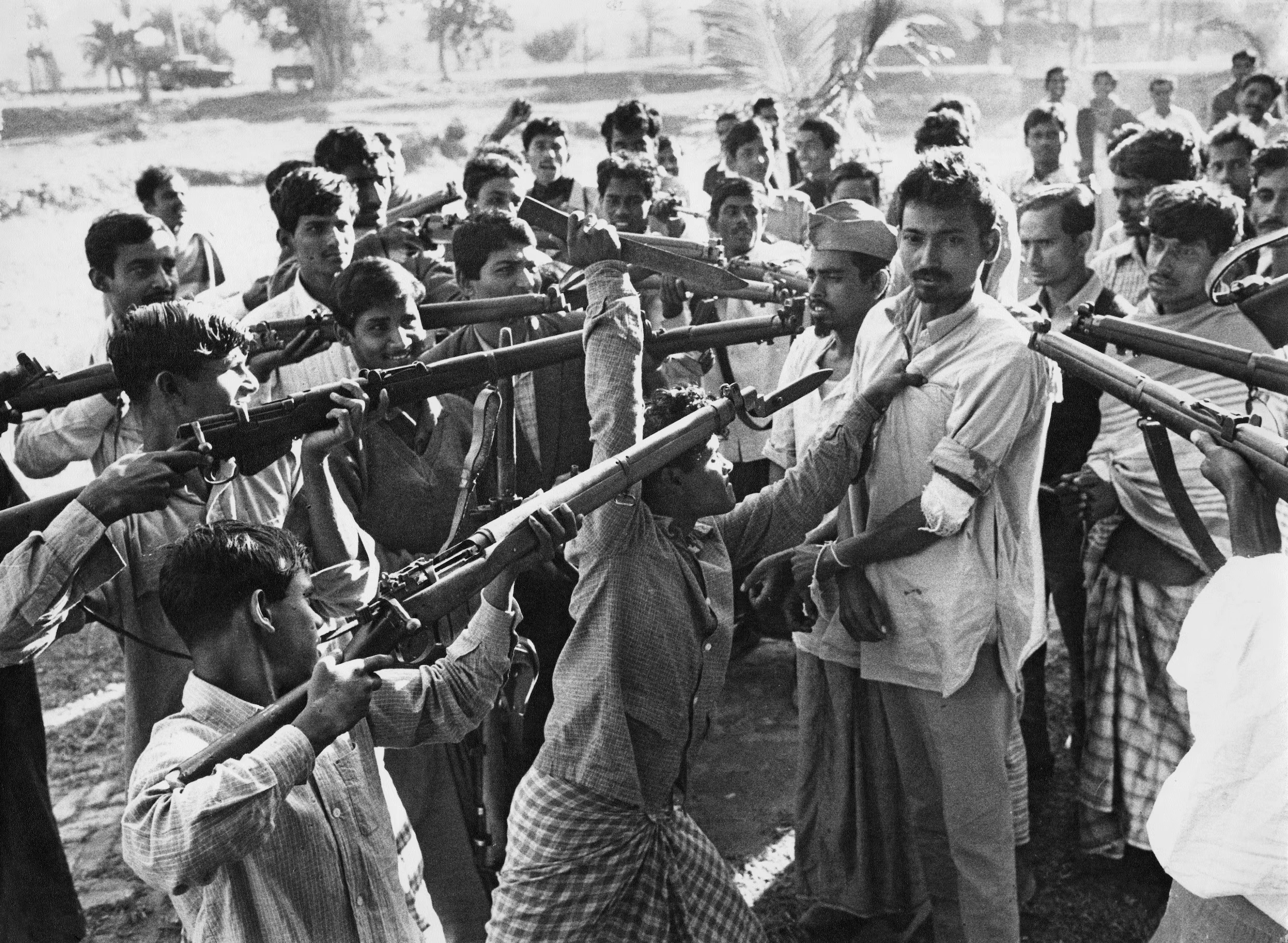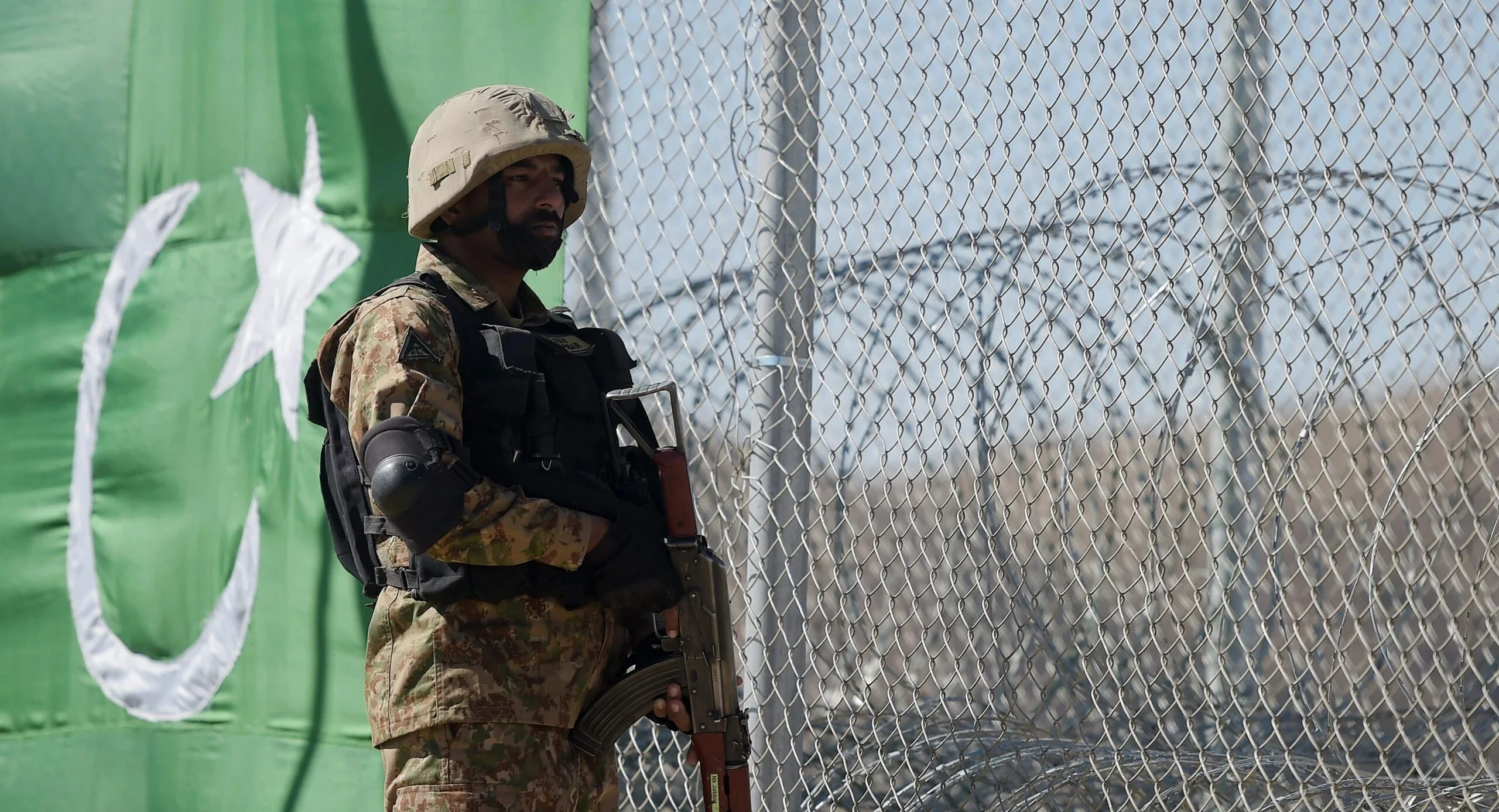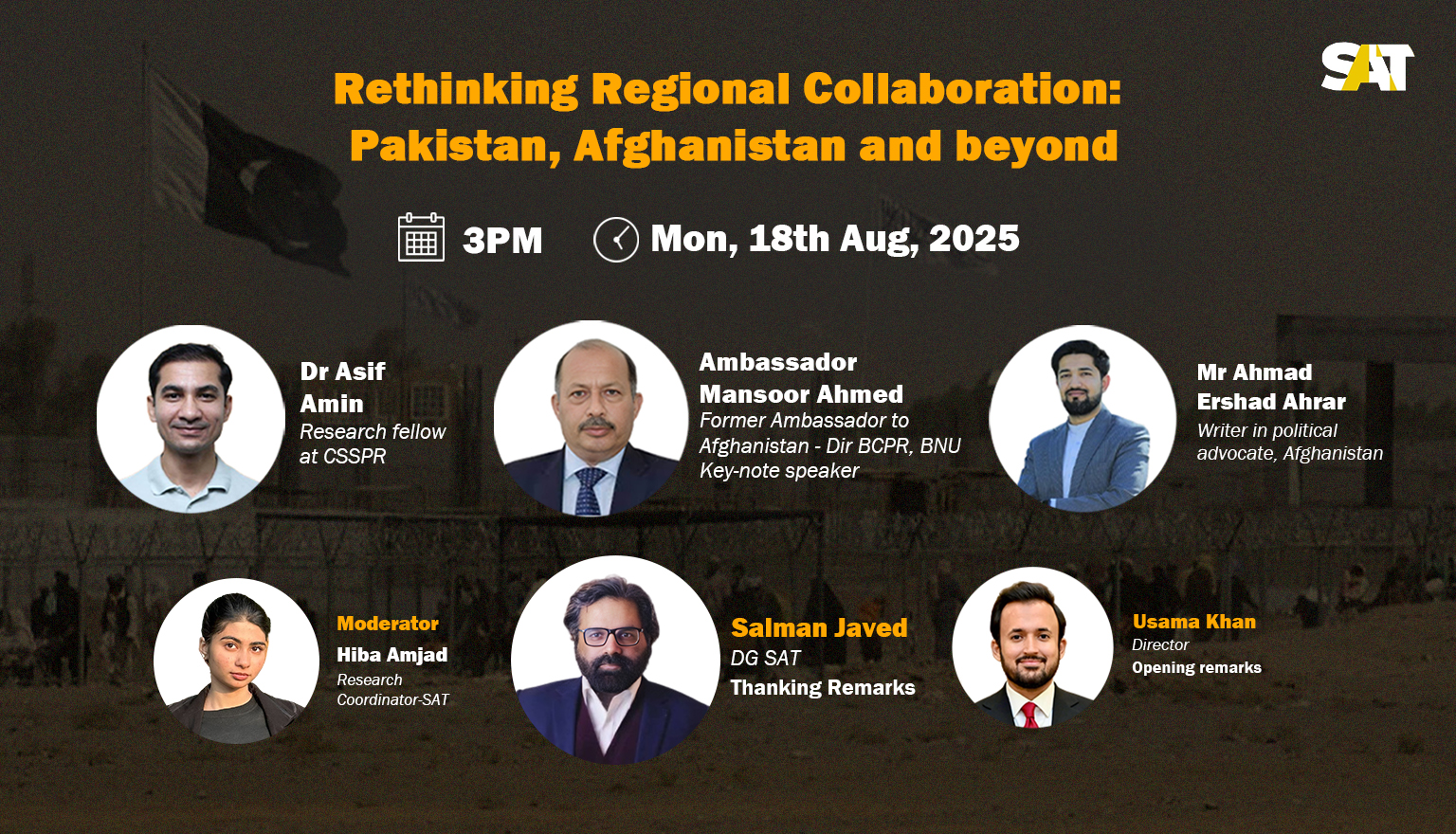Pakistan’s emergence as a nuclear power on May 28, 1998, was shaped by deep security anxieties following the 1971 war and India’s 1974 nuclear test. Spearheaded by leaders like Zulfikar Ali Bhutto and advanced under military stewardship, the program combined scientific innovation—led by Dr. A.Q. Khan—with a covert procurement network. The 1998 Chagai tests, responding to India’s Pokhran-II, marked Pakistan’s entry into the nuclear club, framed as a bid to restore regional strategic balance. Despite immediate sanctions, international responses soon softened. Nuclearization has since fostered a fragile deterrence in South Asia—curbing full-scale war while enabling low-intensity conflict, encapsulating the region’s enduring “stability-instability paradox.










![Pakistan's Afghan policy: People crossing into Pakistan from Afghanistan are making their way through the Friendship Gate in Chaman [Image via Reuters].](https://southasiatimes.org/wp-content/uploads/2024/05/2021-08-15T143158Z_1093398639_RC2Q5P9W5VTP_RTRMADP_3_AFGHANISTAN-CONFLICT-PAKISTAN.webp)